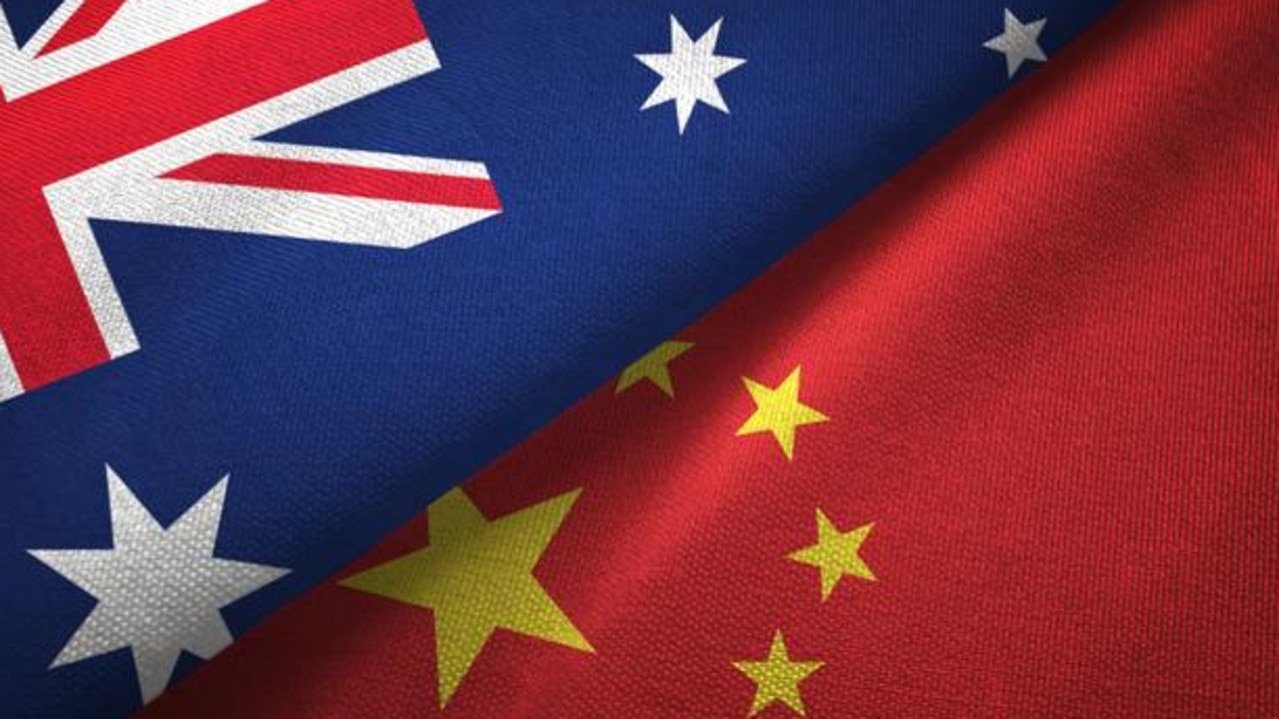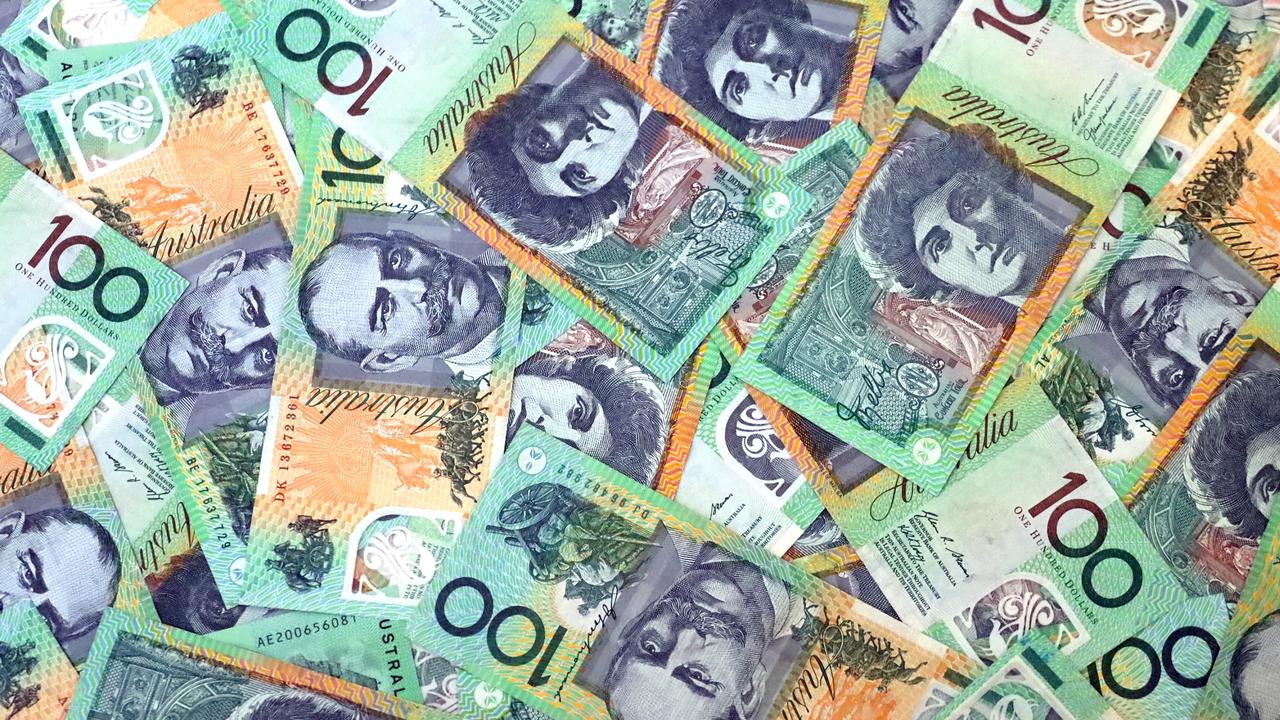Experts suggest Australia’s heavy reliance on China has contributed to trade tensions
An expert has suggested Australia should learn from its mistake of “putting all our eggs in one basket” with China amid deepening trade tensions.

A highly-respected academic has issued a veiled criticism of Australia’s heavy reliance on China’s trade agreement over the years amid the current trade war with the market powerhouse.
It comes as tens of thousands of people in China flock to the country’s social media platforms to complain about the new electricity restrictions in the country’s central and eastern provinces following a ban on Aussie coal.
Professor John Blaxland from the college of Asia and the Pacific at the Australian National University today said China’s “punishment” to Australia, having restricted many sectors in recent weeks, will ultimately lead to the country’s reputation being damaged and potential repercussions from the World Trade Organisation.
However, he added that Australia has some blame to shoulder having “put all its eggs in one basket” in trading near-exclusively with China.
RELATED: China’s latest swipe at Australia

“Global trade is a dynamic equilibrium, so while China thinks it can seek to punish Australia by suspending trade on a number of products that it feels it has a degree of leeway over, notably not iron ore at the moment, the bottom line is if they’re going to stop buying from us and buy from someone else, then those other people are going to sell to China, leave an opening for Australia to sell as well,” Professor Blaxland said.
He added that Australia’s steps in seeking dispute resolution assistance from the World Trade Organisation would send an important global message.
“Australia’s not a big power. We’re reliant on the so-called rules based global order to kind of work and part of that is the World Trade Organisation, and we need it to function,” he explained.
“So investing in a trade dispute resolution is important not only for us, but for the message globally as well. There’s no question it’s going to take a long time to resolve, but it basically says to China look you can go down this path but there are consequences reputationally and the potential ruling that the World Trade Organisation is going to come up with.”
RELATED: China’s trade war backfires spectacularly
It comes after the trade superpower rolled out harsh restrictions on many Australian sectors, including wine, timber, barley and lobsters in recent weeks.
Aussie coal has also been unofficially banned since October, with steel mills and power companies apparently told to steer clear.
It has also emerged that more than 60 ships carrying thermal and coking coal are stuck off China’s coast, unable to unload almost $700 million worth of Australian goods.
According to Professor Blaxland, more sectors may be at risk.
“There’s a possibility of more sectors (at risk) of course. We are heavily invested in China, and part of that is because it’s been so easy for so long. All you needed was one handler to go and access a market of 1.3 billion people, what could possibly go wrong?” he said.
“There’s a truism to that saying ‘don’t put all your eggs in one basket’ (and) we should have realised this a bit earlier,” he added.
But all is not lost, with the economics professional adding that Australia has other trade avenues to explore.
“We’ve got trade agreements with Indonesia, across South East Asia, India is opening up,” he said, adding: “Interestingly, India is almost as large a market as China, but it’s been a harder nut to crack because India’s been a little bit disdainful of the smallness of the Australian market, but I think the dynamics are shifting and we’re going to see more opportunities there.”
His comments come as residents in the Zhejiang province, home to a total of 57 million people, have taken to Chinese social media to complain of power shortages, according to the Market Herald.
While China’s state-controlled media has avoided linking the spike in coal prices and power restrictions to Beijing’s ban on coal imports from Australia, the country’s industrial analysts have been more direct in articles shared over Chinese social media.
“Many coastal power plants have renovated power units to use Australian coal,” wrote one Chinese industrial analyst firm, which also noted the “big gap in terms of quality” between Australian coal and that from Indonesia and Russia.

According to The Australian, power shortages are increasing in China with millions of citizens resorting to rationing their heating over winter and avoiding using elevators.
“You cannot pretend that bad relations between China and Australia haven’t contributed to this situation,” a Chinese energy insider told the publication.
Last year, Australia supplied more than half of China’s thermal coal imports for power stations and more than 40 per cent of the nation’s imports of coking coal.
According to Garda World, the world’s largest privately owned security services company which offers business solutions, electricity shortages are expected to affect parts of Hunan, Jiangxi, and Zhejiang provinces until early February 2021.
That could lead to temporary commercial and communications disruptions, including mobile phones, as well as traffic disruptions caused by malfunctioning traffic signals and train delays due to impacted signalling devices or overhead wires.
Supply chains and essential services like ATMs and gas stations could also be disrupted, with officials ordering a number of factories to operate during non-peak hours only.
WHAT NEXT?
Speaking with news.com.au earlier this month, Professor James Laurenceson, the director of the Australia-China Relations Institute at UTS, touched on the current predicament facing China and said the more restrictions that were imposed, the more Beijing risked hurting its own interest.
“For example, iron ore would hurt Australia the most, but if China hit that, it would shoot itself in the foot even more,” he said at the time.
As the war of words between the two nations heats up, attention is now turning to other Australian industries which could be next on China’s trade war hit list.



